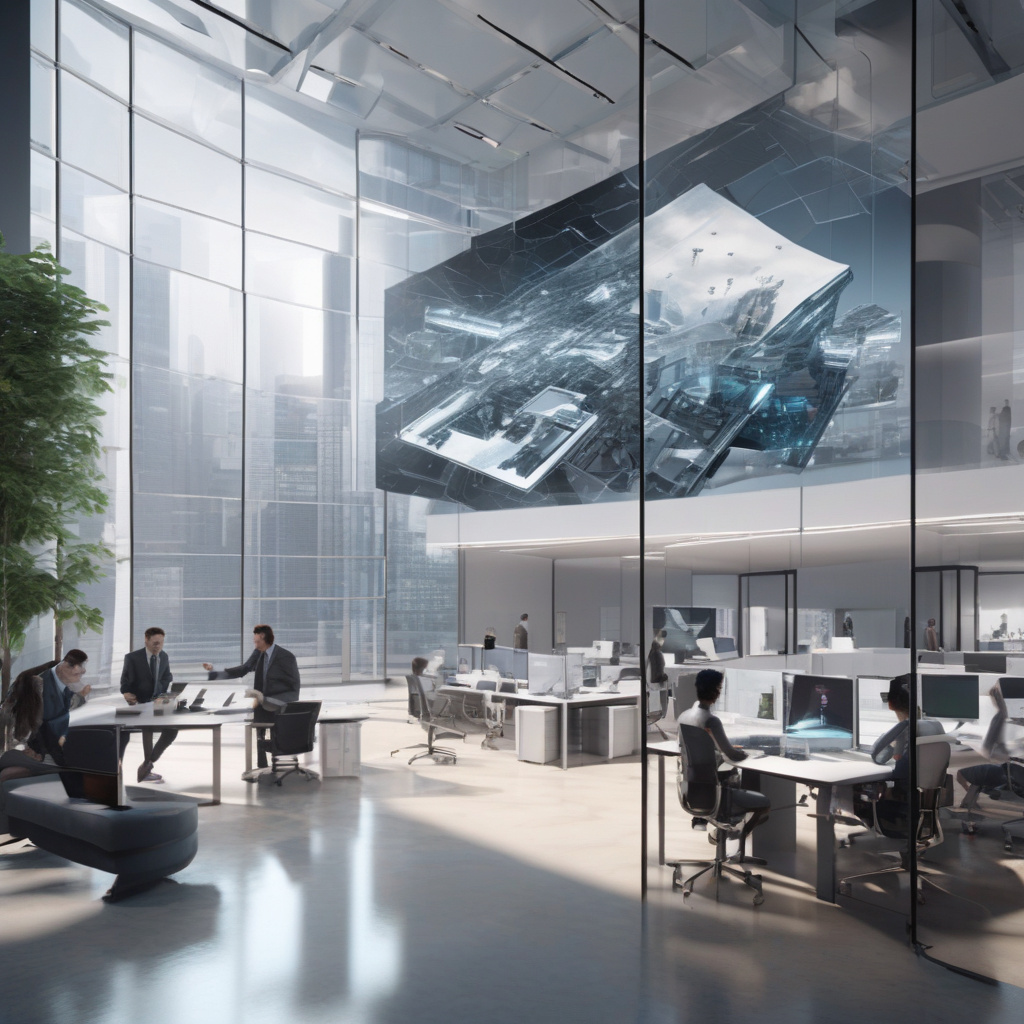In a surprising move within the realm of artificial intelligence, Anthropic has recently made headlines by severing ties with one of its major competitors, OpenAI. This bold decision entails the revocation of OpenAI’s access to Anthropic’s Claude family of AI models, marking a significant shift in the landscape of AI development and research.
The Claude models, developed by Anthropic, have garnered recognition for their advanced capabilities in various AI applications. These models are designed to tackle complex tasks with a high degree of efficiency and accuracy, making them valuable assets for organizations operating in the AI space. By cutting off OpenAI’s access to the Claude models, Anthropic has effectively limited the tools and resources available to its competitor, potentially impacting the latter’s AI research and development efforts.
This move by Anthropic underscores the competitive nature of the AI industry, where access to cutting-edge technologies and algorithms can provide a significant advantage. With AI playing an increasingly prominent role in various sectors, including healthcare, finance, and cybersecurity, the ability to leverage advanced AI models can determine the success or failure of projects and initiatives.
For OpenAI, losing access to the Claude models represents a setback that may require the organization to rethink its AI strategy and explore alternative solutions. In a field where innovation and rapid advancement are key drivers of success, being cut off from a powerful AI resource can hinder progress and limit the ability to stay ahead of the curve.
The decision by Anthropic to restrict access to its AI models raises questions about the dynamics of competition in the AI industry. While competition can drive innovation and push companies to strive for excellence, it also highlights the importance of strategic partnerships and collaborations in advancing AI research and development.
As organizations navigate the evolving AI landscape, it becomes crucial to not only focus on developing proprietary technologies but also to cultivate relationships with key players in the industry. Collaborations and partnerships can provide access to valuable resources, expertise, and insights that may not be readily available internally, enabling organizations to enhance their AI capabilities and achieve their goals more effectively.
In the case of OpenAI and Anthropic, the termination of access to the Claude models serves as a reminder of the complexities and challenges inherent in the AI ecosystem. While competition drives progress, collaboration and cooperation among industry players can also play a vital role in driving innovation and fostering growth.
Moving forward, it will be interesting to see how OpenAI responds to the loss of access to the Claude models and how Anthropic’s decision impacts the broader AI community. As AI continues to reshape industries and transform the way we work and interact with technology, strategic decisions like these will shape the future landscape of AI development and innovation.

